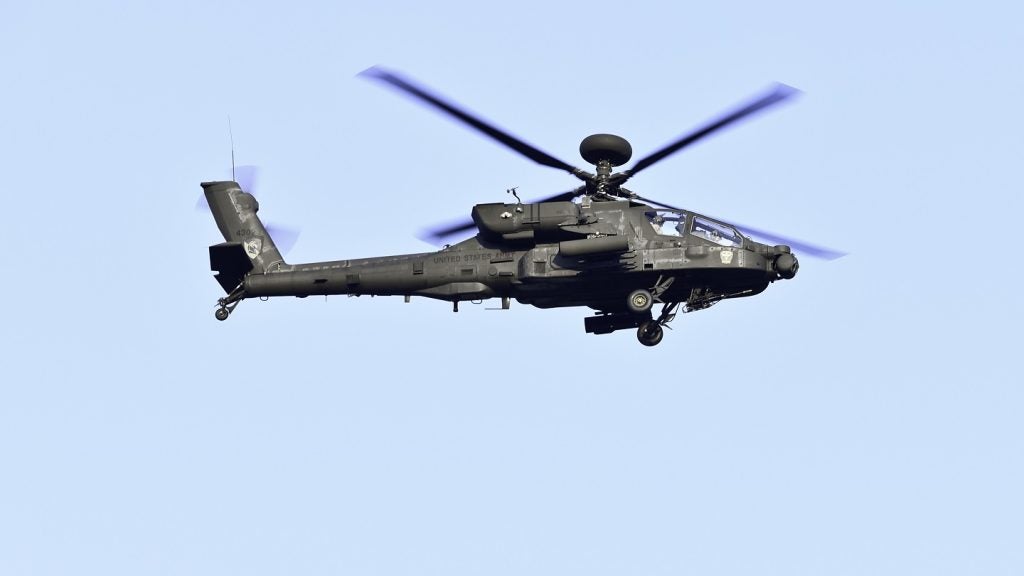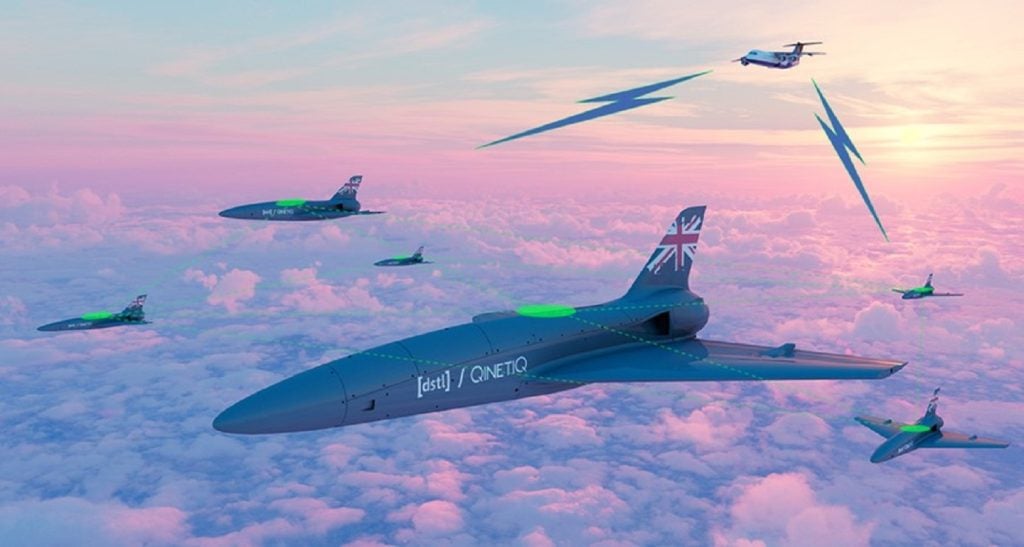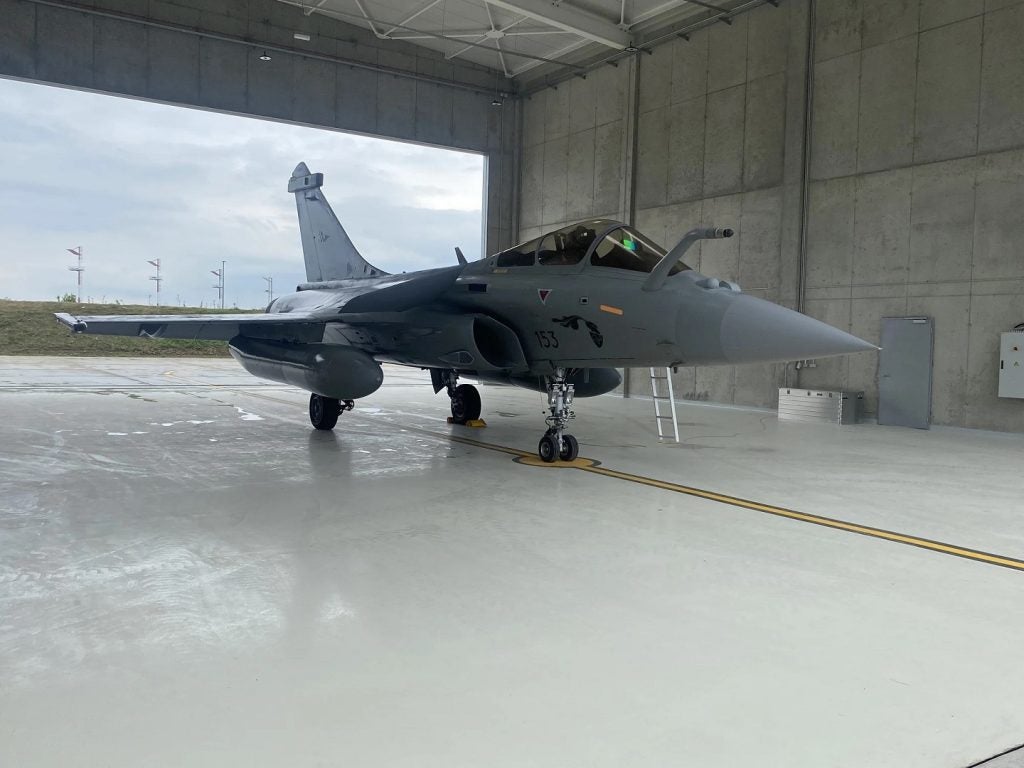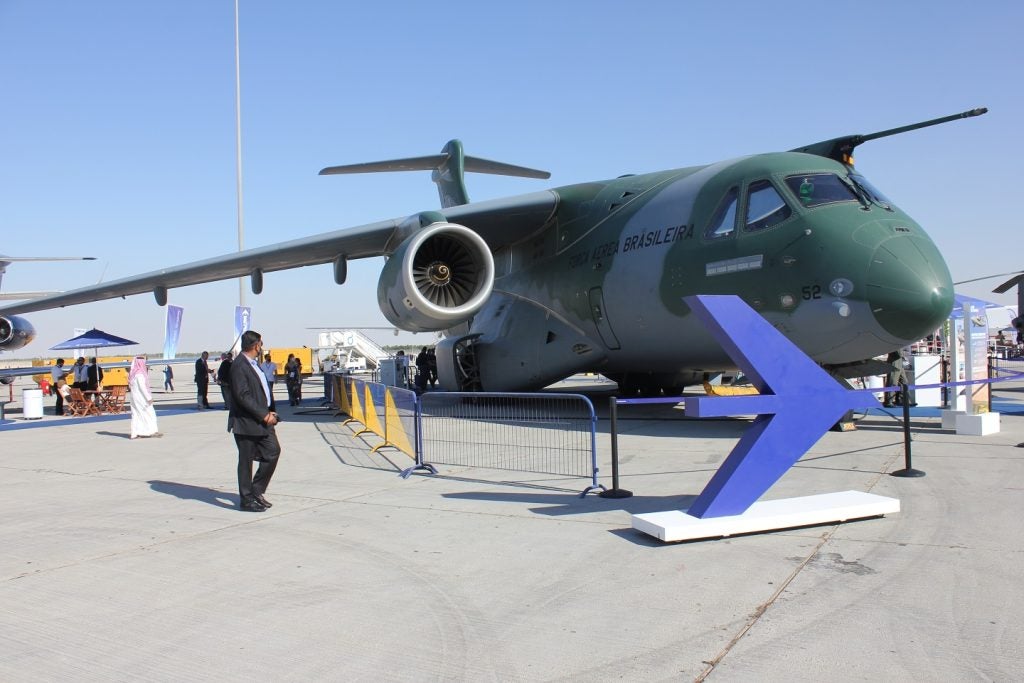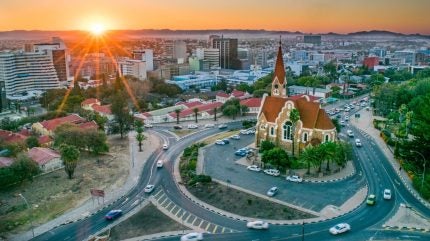
Namibia has begun work on Africa’s first decarbonised iron plant following a groundbreaking ceremony held on 6 November, the country’s investment promotion agency said.
The HyIron Oshivela Project is a partnership between Namibian and German companies backed by the German government, which has so far injected €13m ($14m). The initial phase of investment will cost €30m in total, with the new plant expected to produce 15,000 tons of iron annually without carbon emissions, according to HyIron Managing Director Johannes Michels.
“In the pilot phase of the Oshivela Project, we will employ 50 people while producing 15,000 tons of iron,” Michels noted.
He thanked the Namibian government for the support and said: “This project is a testament to the dedication of numerous individuals and their passion for making a significant positive impact.”
Foreign direct investment (FDI) in Africa reached a record $83bn in 2021 before dropping to just $45bn in 2022, according to UNCTAD’s World Investment Report 2023.
How well do you really know your competitors?
Access the most comprehensive Company Profiles on the market, powered by GlobalData. Save hours of research. Gain competitive edge.

Thank you!
Your download email will arrive shortly
Not ready to buy yet? Download a free sample
We are confident about the unique quality of our Company Profiles. However, we want you to make the most beneficial decision for your business, so we offer a free sample that you can download by submitting the below form
By GlobalDataSee Also:
Namibia has become a battleground between Chinese and Western companies looking to set up and exploit the country’s rich resources. According to the US Department of State, China mostly invests in uranium mining in Namibia, South Africa in diamonds and banking, Canada in gold, zinc, and lithium, while Spain and Russia invest in Namibia’s fishing industry.
Speaking about the HyIron Oshivela Project, Rainer Baake, special envoy for German-Namibian energy and climate cooperation, said the iron plant will be an important step in establishing a green hydrogen economy and decarbonising downstream industries.
“For example, the sponge iron produced here can also be used as a preliminary product in steel production in Germany to manufacture green steel for the production of wind turbines or vehicles,” he said.



